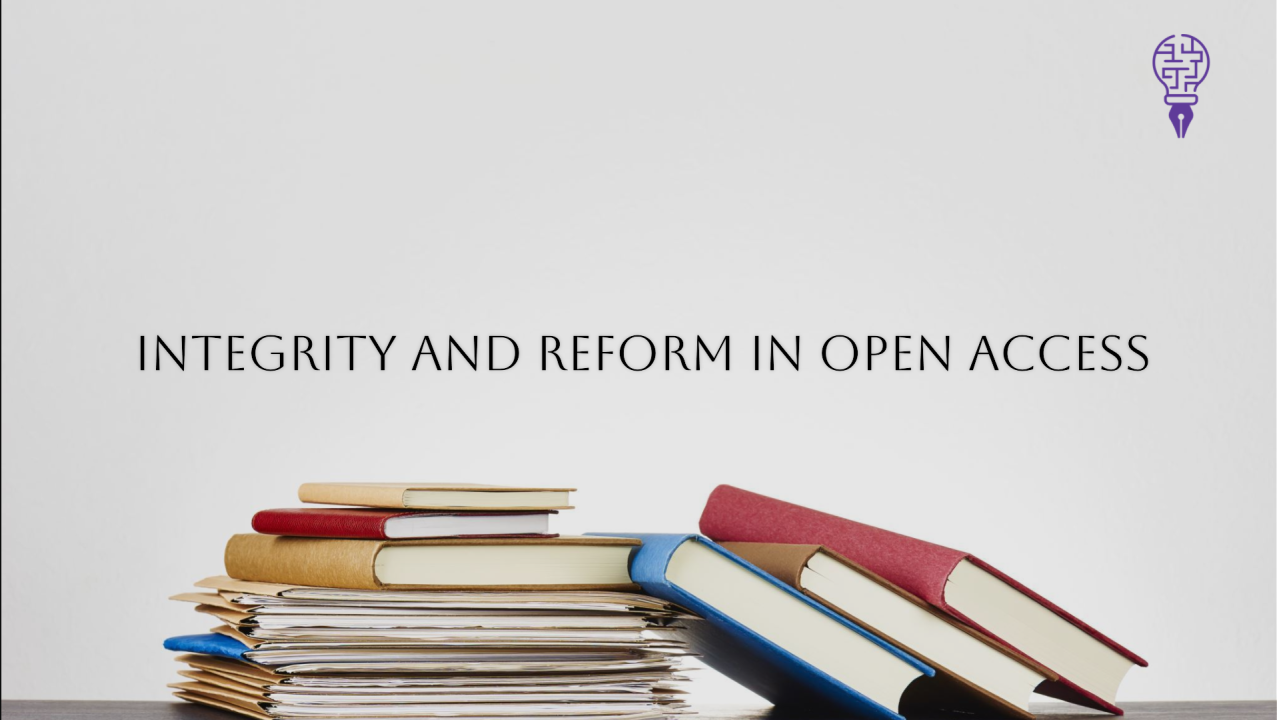
Geopolitics and Open Access: How Global Tensions Are Reshaping Research Publishing.
Created Date 28-Feb-2025 EST
The global landscape of academic publishing is undergoing a transformation, influenced by evolving geopolitical dynamics. Open Access (OA) publishing, which aims to make research freely available to the public, is at the center of discussions on intellectual property, national security, funding sustainability, and research independence.
As nations and institutions rethink their approach to knowledge dissemination, multiple factors—including sanctions, national research repositories, open science mandates, and digital sovereignty concerns—are reshaping the future of academic publishing.
The Shift Towards National Research Repositories
Several countries are promoting domestic research repositories to reduce reliance on international publishing giants. These initiatives seek to:
- Enhance national control over research output.
- Protect intellectual property from being influenced by foreign commercial interests.
- Foster self-sufficiency in research dissemination.
For instance, some nations have developed their own indexing and citation databases as alternatives to established international platforms. This shift may lead to a more decentralized publishing landscape, offering opportunities for independent publishers to support neutral and globally accessible knowledge-sharing platforms.
Sanctions and Research Collaboration Challenges
Geopolitical tensions sometimes result in sanctions that impact global research collaboration. In some cases, access to international journals, research grants, and collaborative projects may be restricted.
- Researchers from affected regions may face challenges in publishing, accessing scientific literature, or participating in global research initiatives.
- Publishers may need to navigate complex compliance regulations while ensuring inclusivity in academic publishing.
Despite these challenges, Open Access publishing provides an alternative model where research can remain accessible regardless of geopolitical barriers. Independent publishing platforms, which focus on neutral knowledge dissemination, can play a crucial role in maintaining academic integrity and global collaboration.
The Growing Discussion on Digital Sovereignty in Research
The discussion on digital sovereignty—the idea that nations should have greater control over their digital and intellectual resources—is gaining momentum in research publishing. This has led to:
- Institutional and national repositories being strengthened to host research outputs locally.
- The promotion of open science frameworks that support greater transparency and regional research ecosystems.
- Increased attention to data privacy, AI-driven research analytics, and security concerns in scientific publishing.
While these developments seek to protect national research interests, they also raise questions about the future of cross-border collaboration and knowledge exchange.
Funding Challenges in Open Access Publishing
As Open Access policies gain traction, funding models remain a key concern.
- Some global initiatives have mandated Open Access publishing for publicly funded research.
- Many institutions and researchers face financial constraints in covering article processing charges (APCs).
- The transition from subscription-based models to fully Open Access publishing requires sustainable funding strategies to ensure long-term viability.
Independent Open Access publishers can bridge this gap by offering cost-effective publishing solutions and alternative funding models, such as institutional partnerships and collaborative funding mechanisms.
Opportunities for Independent Publishers and Research Platforms
With a more fragmented but evolving research publishing landscape, independent publishers have an opportunity to:
- Offer neutral and globally accessible publishing platforms.
- Support multilingual and region-specific publishing needs.
- Provide transparent peer-review and ethical publishing practices.
- Facilitate collaboration across regions while ensuring compliance with international standards.
By embracing digital innovation, Open Journal Systems (OJS), and AI-powered research tools, independent publishers can help researchers navigate the changing landscape of Open Access publishing while promoting inclusive and sustainable knowledge-sharing models.
Conclusion
The intersection of geopolitics and Open Access publishing presents both challenges and opportunities. While national policies and global tensions may influence how research is published, accessed, and shared, the core objective of Open Access remains unchanged—to make knowledge freely available to all.
Publishers, institutions, and researchers must collaborate to develop inclusive, transparent, and sustainable models for Open Access publishing that transcend geopolitical boundaries and uphold the integrity of global academic research.
This entry was posted in Imran A Khan and tagged How Global Tensions Are Reshaping Research Publishing


















